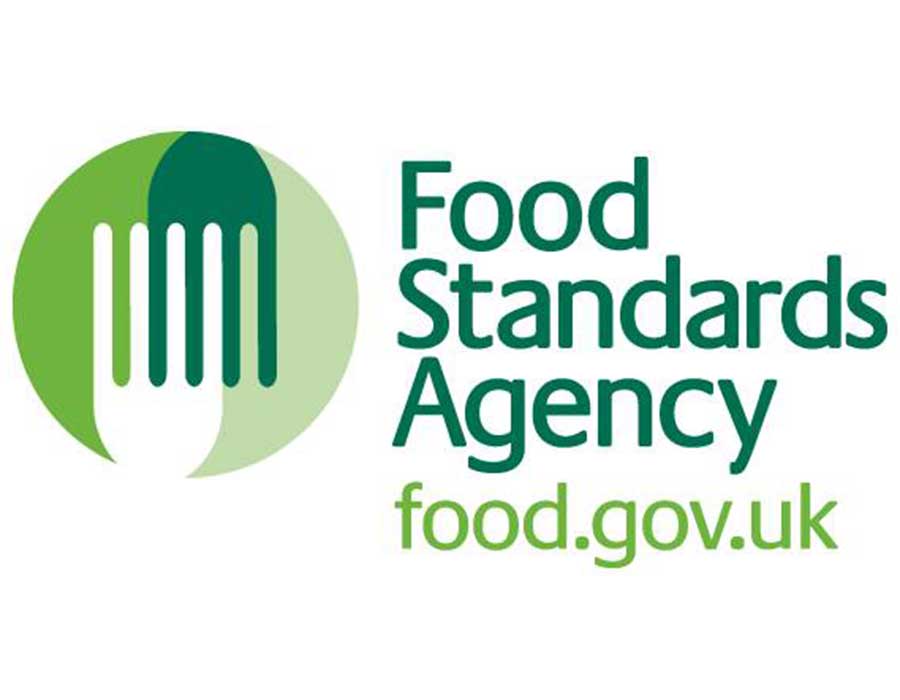HOUSE OF LORDS PODCAST DISCUSSES FIXING OUR BROKEN FOOD SYSTEM
The House of Lords recently launched a new podcast entitled: ‘Unpacking The Evidence: Fixing Our Broken Food System’ with Baroness Walmsley.
The first episode features a range of experts who spoke to the Lords Food, Diet and Obesity Committee including Henry Dimbleby, Dr Chris van Tulleken, Professor Christina Vogel and Professor Lucilla Poston.
Discussions cover how the UK and other countries are facing a public health emergency with sobering statistics on levels of obesity and diet-related disease.
It also reveals how unhealthy diets are the primary cause of this emergency, how the food industry bears major responsibility for this and also delves into the debate over the role of ultra-processed foods (UPFs) in relation to poor diet.
The second episode explores the need for a new, comprehensive and integrated food strategy on the basis of strong and accountable leadership at the highest level of government.
It also discusses approaches to food industry lobbying and the need for mandatory regulation of industry, production reformulation and taxes, advertising, local authority powers, food labelling and data transparency, healthy eating in infancy, and school meals.
You can access the podcast here























